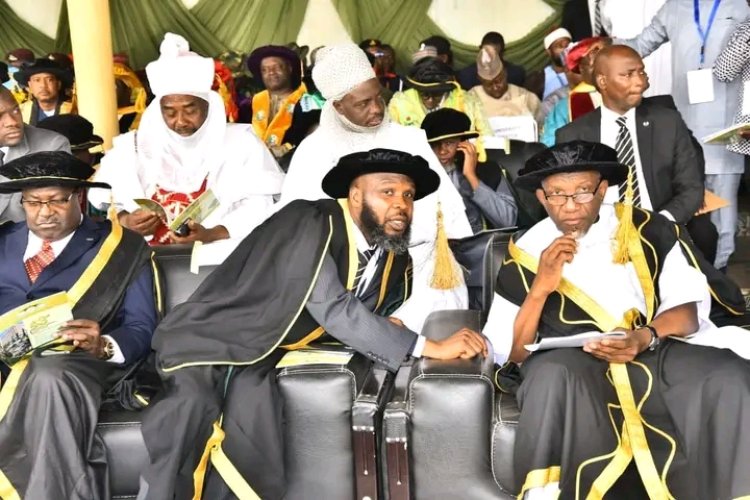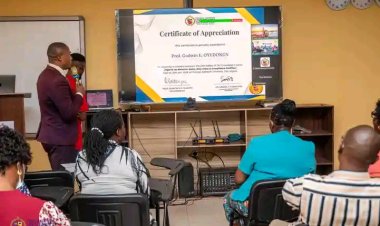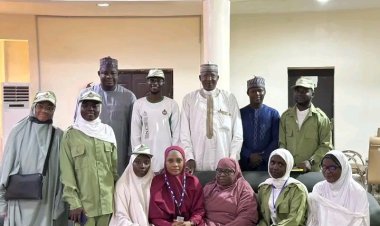ABU’s IAR releases improved crop cultivars for Nigerian farmers

Scientists at the Institute for Agricultural Research (IAR), Ahmadu Bello University, in collaboration with national and international partners, have successfully registered and released improved cultivars of maize, sorghum, oat, and castor for utilization by farmers in Nigeria.
Read also:ABU UHS staff organise Send Forth For Sanitation Icon
This, according to the Vice-Chancellor, Prof. Kabiru Bala, underscored the Institute’s unwavering commitment to national development, particularly in addressing challenges related to food and nutritional security.
Prof. Bala spoke at the 43rd Convocation of Ahmadu Bello University held on Saturday, 27th January, 2204.
He explained that the feat was made known during the just-concluded 37th Meeting of the National Committee on Naming, Registration, and Release of Crop Varieties, Livestock Breeds/Fisheries held at the National Centre for Genetic Resources and Biotechnology (NACGRAB) in Ibadan on 11th January, 2024.
The Vice-Chancellor said that the maize hybrids registered and released for commercial production are high-yielding, with an average above 8 tonnes per hectre.
Read also:ABU UHS staff organise Send Forth For Sanitation Icon
“Notably, SAMMAZ 70 is an extra-early maturing hybrid (80 – 85 days) with high Pro-Vitamin A content (17.2 ug/g DW), tolerant to striga pests, and potential yield of 7.6 tons/ha.
“SAMMAZ 71 is a medium-height maize hybrid that matures in 110 – 120 days. Its outstanding features include a high grain yield of about 10 tons/ha, resistance to aflatoxin B, and suitability for production in Northern and Southern Guinea Savannah.
“Other cultivars released by the Institute include the castor variety SAMCAS I, with a potential yield of 3.2 tons/ha and oil yield of 47 percent. Two extra-early (SAMOAT 3 and SAMOAT 4) and one early (SAMOAT 5) improved oat cultivars were also registered and released”, he said.
Similarly, he said, the Institute achieved a significant milestone as it equally registered and released four transgenic maize hybrids known as TELA Maize.
This milestone, according to him, signified a strategic move towards enhancing agricultural productivity and sustainability across the region.
He explained that the TELA Maize project, a collaborative effort involving public and private stakeholders, is spearheaded by the African Agricultural Technology Foundation (AATF).
The Vice-Chancellor also stressed that the release of these transgenic maize varieties marked a transformative leap in agricultural technology, promising a more resilient and sustainable future for farmers in Sub-Saharan Africa.
…………………….
Public Affairs Directorate ,
Office of the Vice-Chancellor,
Ahmadu Bello University, Zaria
Wednesday, 31st December, 2024

 UmarFarouk123
UmarFarouk123 



